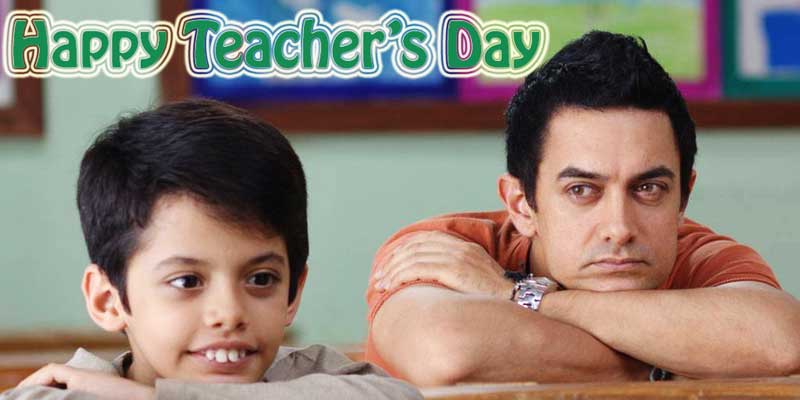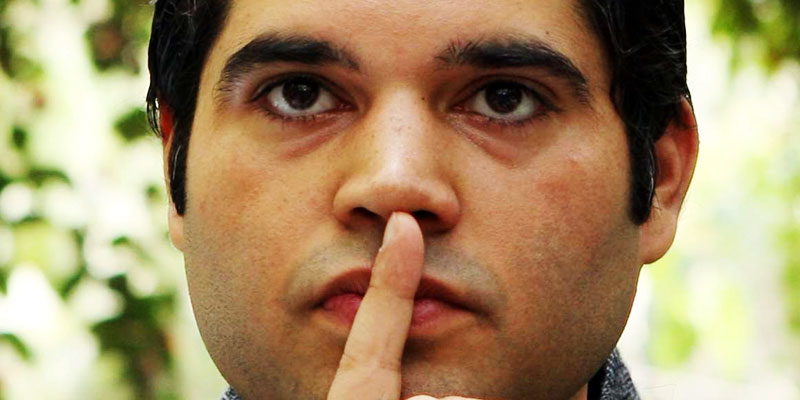Education goes far beyond writing your name, or reading a book. Truly, it is all about transforming the entire nation. Yet, teaching is considered a second-hand profession in the largest democracy in the world.
While in primary school, whenever somebody used to ask me what I wanted to become when I grew up, my answer used to be ‘a teacher’.
Growing up, my answer kept changing with my interests in subjects, from doctor, scientist, artist, archaeologist, neurosurgeon and what-not.
I was never a brilliant student.
My inspiration in life at that point of time was (and still is) my mother.
I never knew about the amount of effort it takes to be a quality teacher. All I knew back then was that a teacher is supposed to use a chalk to write on the blackboard, behave leader-like, and answer questions for those who did not know about it.
Twenty years down the line, I realize what it takes to educate children and spread the light of knowledge.
Education goes far beyond writing your name, or reading a book.
Truly, it is all about transforming the entire nation. Yet, teaching is considered a second-hand profession in the largest democracy in the world. It’s quite astounding to see how people discourage themselves and others around who decide to take up teaching as a profession.
The World Economic Forum’s Global Gender Gap Index 2013, shows India at the top of the list for primary education enrolment. But what about teachers? An acute deficit is observed when it comes to skilled and qualified teachers in schools. According to a report suggested by UNESCO, the ideal teacher-pupil ratio should be 1:30; which means that we might need to enrol more than 15,00,000 teachers in the academic curriculum, by the end of 2015.
The funding for education continues to remain low after the economic crisis in 2008, which not only affects the number of students enrolled for primary education, but also the enrolment of qualified teachers, as a result of low income. One quarter of the Indian population is still illiterate, four percent of our children never start school, and fifty eight percent don’t complete primary schools.
The educational inequity does not just demand the need for primary education for children from all the sections of society, but at the same time proves the void in the percentage of qualified teachers in the country.
To fill the void, and bring an end to education inequity, it is important on our part to take necessary measures. Think how much the country will progress, when every working individual educates at least one child, during leisure time.
The process of learning never stops, nor does the process of teaching. While you get to learn something from every other individual you meet, the individual never fails to teach you something good.
Be the change to see the change.





